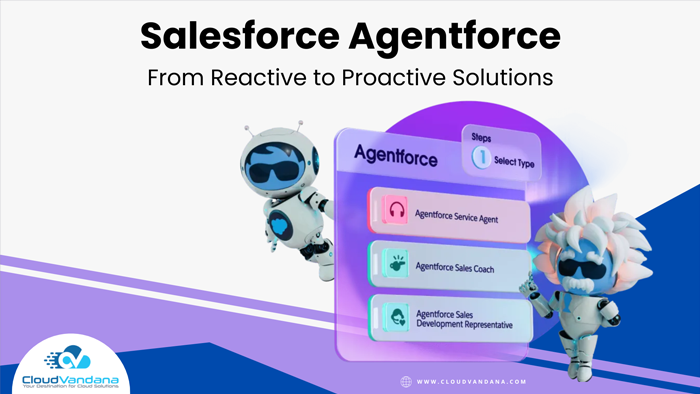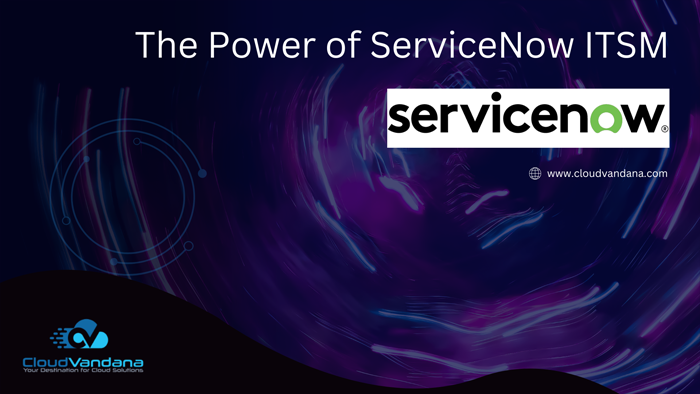The Salesforce Sales Cloud is a cloud-based application designed to help salespeople sell smarter and faster-centralized customer information, logging their interactions with the company, and automating many of the tasks that salespeople do every day.
In this blog, CloudVandana, a reputed Salesforce partner in India, will discuss Salesforce Sales Cloud and its possibilities.
Sales automation has capabilities to increase revenue by automating outreach to clients in the sales funnel and reducing sales costs by freeing up time formerly spent on administration and reporting. The best tech platform for sales automation is Salesforce Sales Cloud. Salesforce created the Sales Cloud platform as a complete setup for the entire sales process. A sales cloud is a technology framework that enables sales teams to analyze sales analytics, predict sales revenue, and enhance sales strategy.
Let’s look at the details-
1. Campaign Management
Campaign management in Sales Cloud helps businesses to outperform their campaigning efforts in terms of revenue generation. The module helps in planning and coordinating marketing initiatives that generate high-quality leads. So the managers can centralize the whole effort using this module. Through the standard campaigns, the team can implement advertising campaigns, telemarketing, mail, events, webinars, and many more.
2. Leads Management
A lead or prospect is someone who shows interest in buying a company product or services though they may not yet be qualified to convert. They are the potential customers for the future. Sales Cloud offers various tools to manage leads successfully. The focus is to identify potential clients to make the conversion process seamless. Sales Cloud can capture the contact information as a lead when anyone shows interest.
3. Contact Management
Establishing and maintaining contact information is essential for every business. This action is crucial since it simplifies getting in touch with the pivotal stakeholders when a requirement emerges. The module saves people’s contact information and assigns a contact to an existing account.
4. Opportunity Management
This model is used for keeping a record of potential business opportunities. The lead conversion process produces Opportunities. Organizations use opportunities to keep track of everything essential regarding the possible business case. In addition, for a specific business case, users can keep a record of the competition under Opportunities. One can access and take advantage of these opportunities whenever required.
5. Case Management
After finalizing the deal, the customers can have issues while using the products or services. Cases are used to register and follow up on client complaints. Most features require addressing claim reports which can assist in handling any issues expressed.
6. Process Automation
This platform is strong because users can achieve a certain automation rate for many processes. The module tools used to design workflow may need access from the designated employee, considering they run automatically and exclusively in the designated space.
There are various other possibilities that organizations can experience after implementing Salesforce Sales Cloud for your organization. Please set up a 30 minutes call with CloudVandana and get the best Salesforce assistance from skilled professionals. Call Now.










